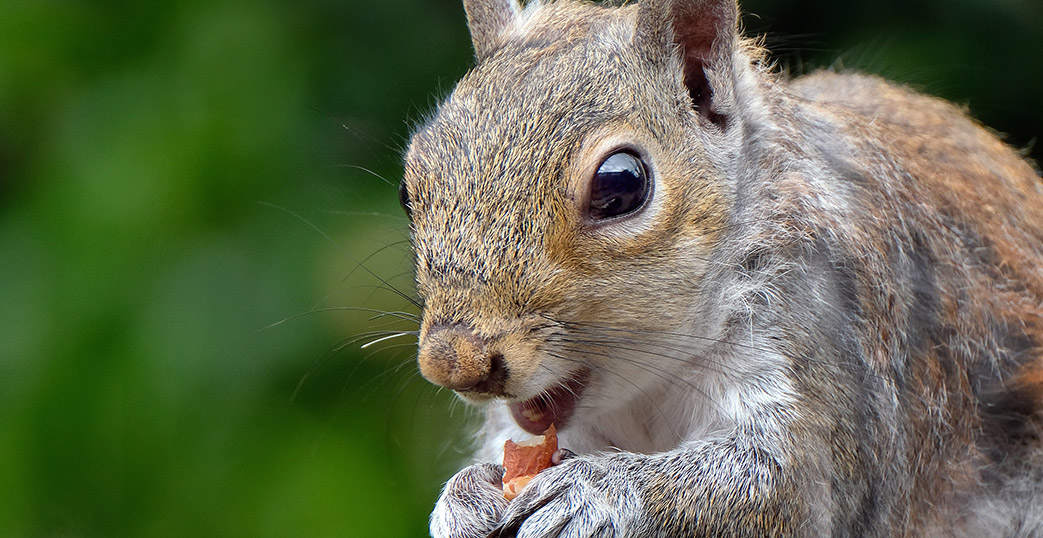Snake Control And Removal in Buffalo
Wildlife Exterminators Serving Western New York
Found in every region of the United States, snakes are cold-blooded legless reptiles that many people fear. While they are largely beneficial because their diet consists of many pests, like mice and rats, some snakes are venomous and threaten humans. Sometimes, these harmful and harmless snakes find their way into people's homes.
If a snake finds its way into your house, don't guess if it might hurt you or your family; find a skilled team to remove the pest.
About the Snakes you might find
There are several types of snake species that might invade your home. Below, we've summarized a few key markers that may help you determine what kind you have in your home.
Appearance
Ranging in color from dull brown and black to green, snakes maintain an appearance that suits their surroundings. For example, aquatic snakes have flattened bodies, while snakes that live in trees are typically longer and more slender than those that live on the ground. They are highly flexible and may feature body patterns that aid camouflage.
Diet 
Larger snakes, like pythons and boas, eat larger meals, such as deer or pigs. Smaller grass snakes, which are mainly what we have here, prey on small insects, fish, and frogs. Most snakes in the United States feed on rodents, birds, eggs, lizards, other snakes and small mammals.
Habitat
As cold-blooded reptiles, snakes need to regulate their body temperature and live in areas with consistent access to heat. Snakes make nests in the ground, treetops, swamps, on farms, in abandoned buildings and in sheds.
Problems and Damage
Snakes enter homes and yards in search of food and shelter. They generally avoid human contact and nest in high grasses, wood piles, decks, barns and sheds.
The smaller species of snakes we typically find in this region generally do not cause much damage and can be beneficial, as they provide a natural form of pest control.
Prevention and Control
Remove hiding places and potential food sources by maintaining lawns, storing wood piles off the ground and in sheds or barns, sealing trash bins with fitted lids, and cleaning clutter from basements and attics. Witzend Wildlife offers these control methods and removal via trapping in known snake locations to reduce the current snake population.
Professional Snake Control and Removal
Contact Witzend Wildlife Services today to learn more about our services and to schedule an appointment with our team.
If you need snake removal services for your home
Contact Witzend Wildlife Services today, or give us a call at (716) 982-3777.


